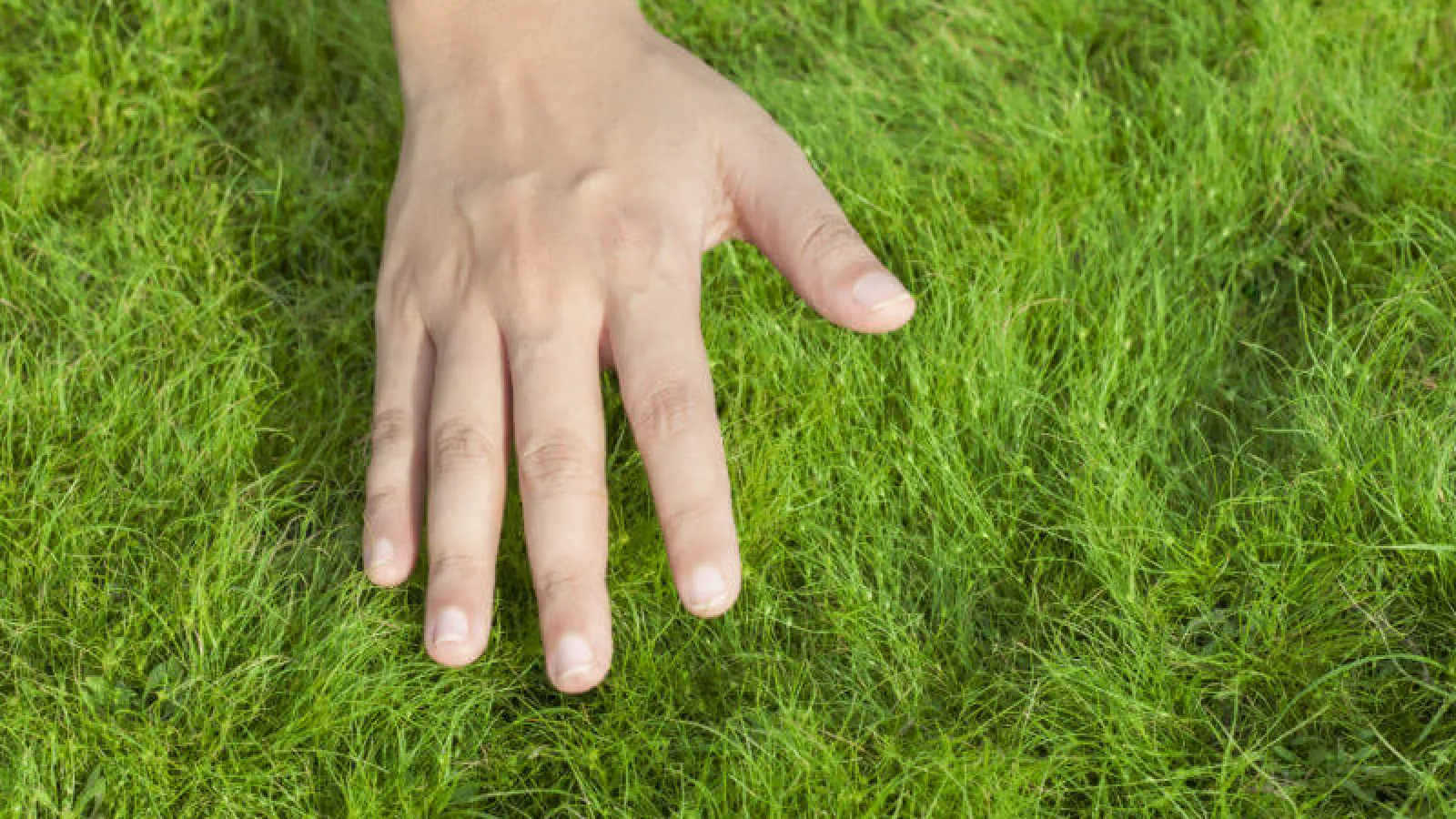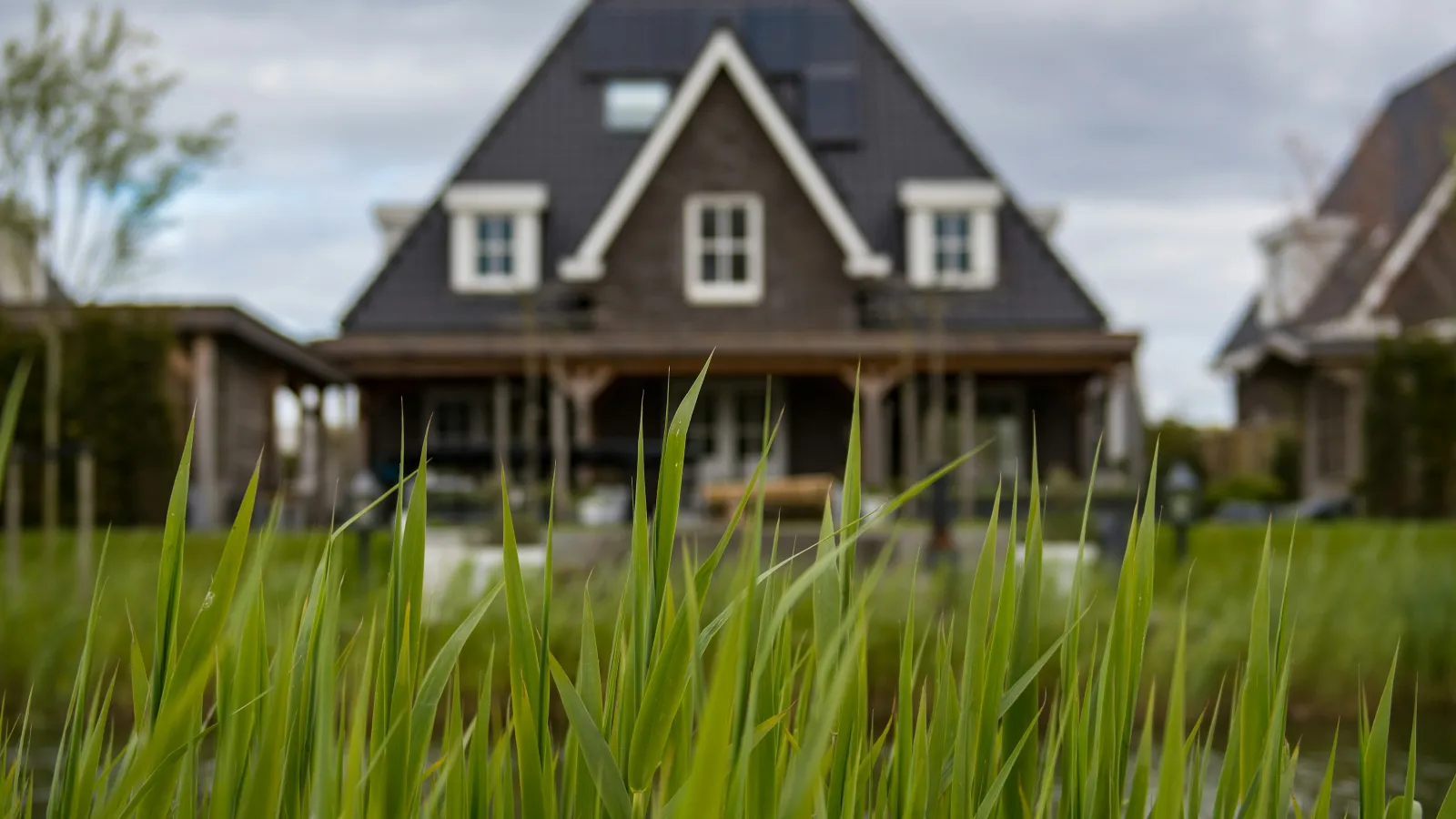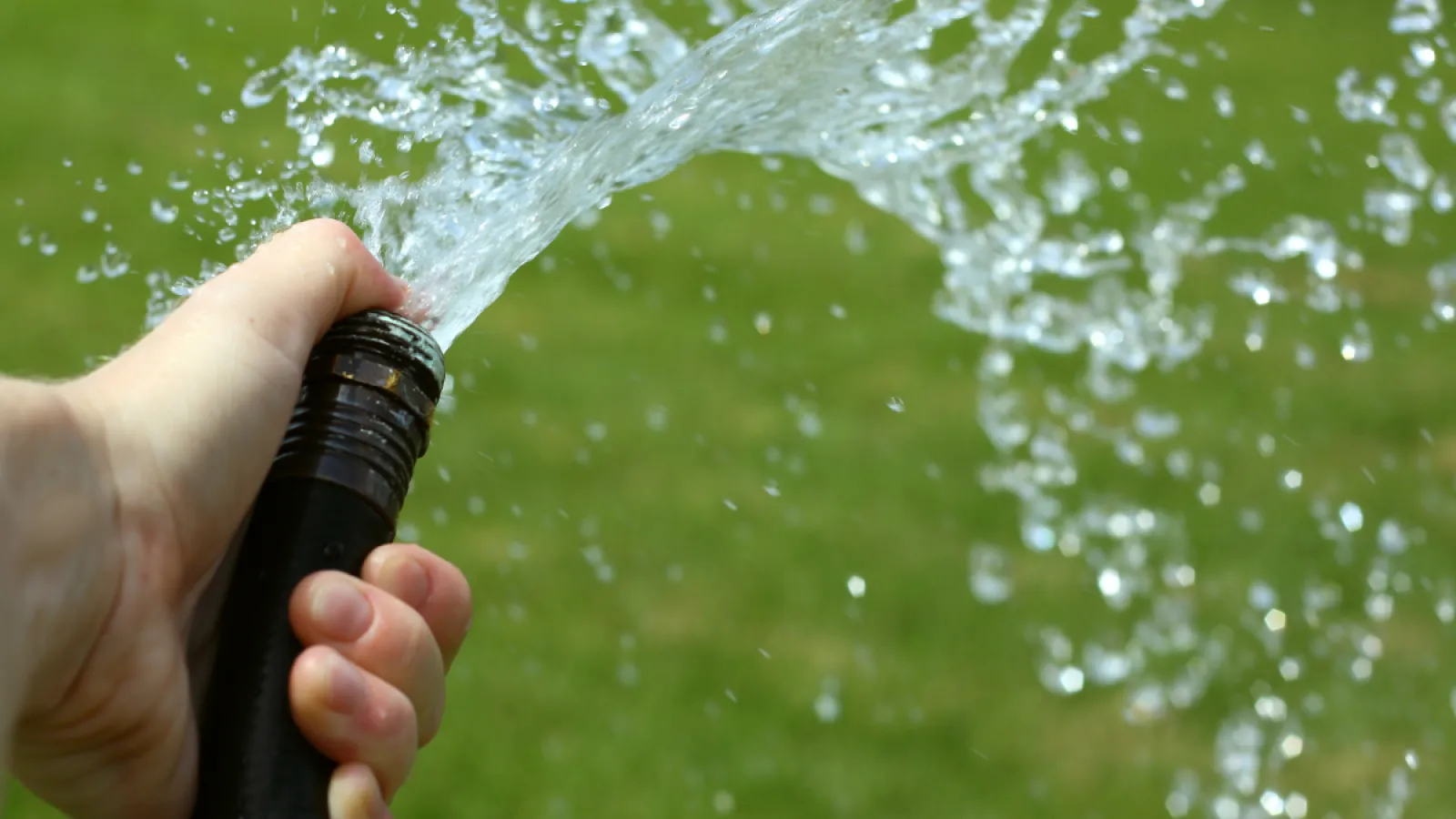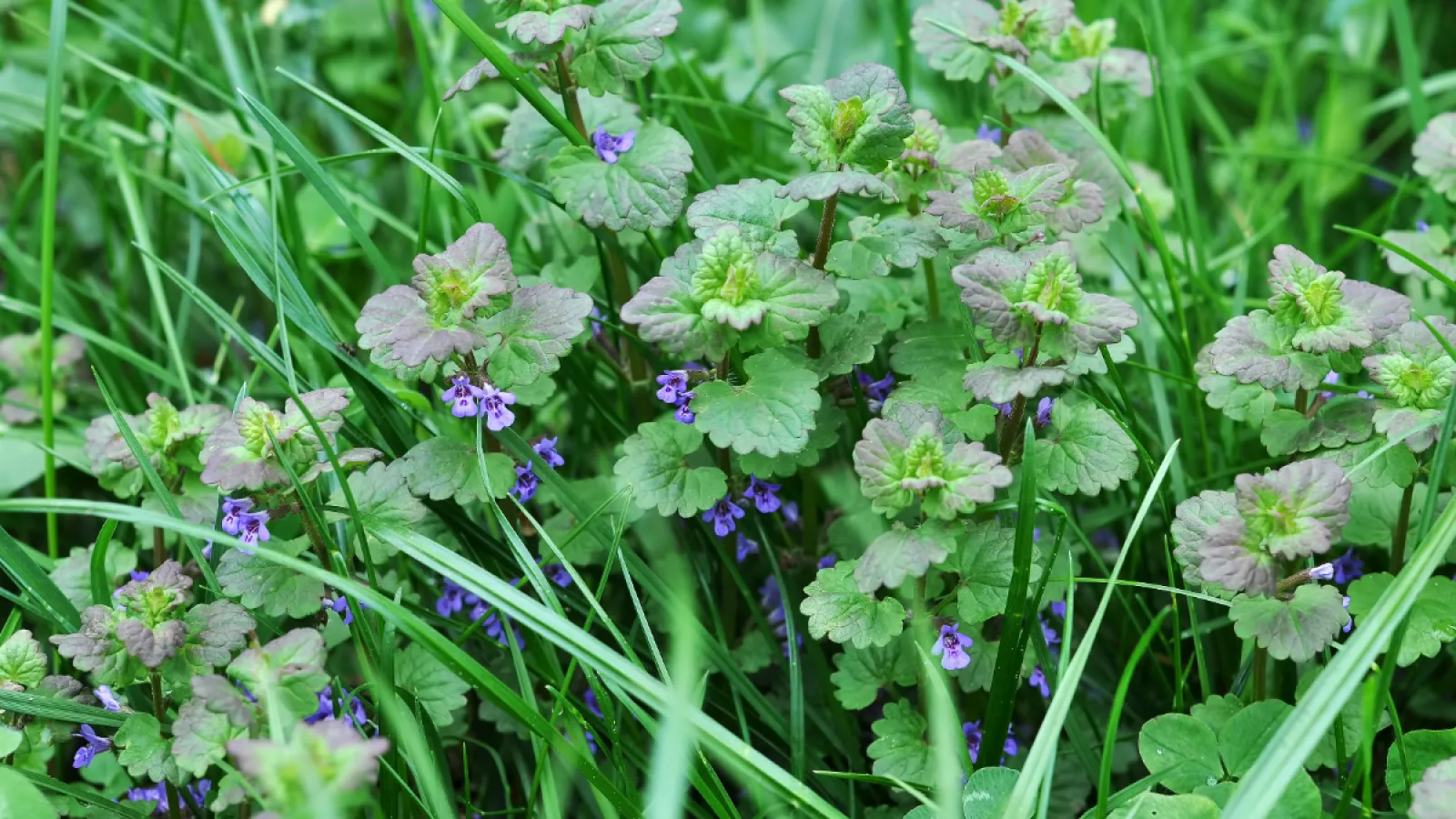
Proper Ground Temperature For Your Lawn (and Why it Matters)
It’s not very common for homeowners to think about soil or ground temperature. Usually, when temperature comes up, it’s about the weather and air around us. However, when it comes to lawn care, our team looks at the temperature of the ground and soil to understand how to best treat your grass.
How Ground and Soil Temperatures Affect Your Lawn
Ground Temperature affects:
- Growth stimulation – If you want your lawn to grow and stay healthy, you need to pay attention to ground temperature. The soil under your grass greatly affects the speed at which the grass grows. Warmer soil contains more energy, thus a faster growth rate.
- Lawn damage/diseases – Many lawn diseases you notice in your yard are fungal diseases, meaning the natural fungi in your lawn was met with the wrong conditions, causing it to grow (and not in a good way). (This is why it’s important to receive the proper treatment from Turf Masters as we keep an eye on these temperatures.)
- Germination – This is the development of a plant from a seed, which won’t happen unless you planted that seed at the right ground temperature. Moisture and temperature are the two main factors in germination.
If you want a healthy, growing, green lawn, you need to pay attention to ground temperature, or at least ensure your lawn care company is paying attention.
Proper Ground Temperature for cool-season grasses (such as Fescue)
- These types of grasses grow like crazy when ground temperatures are between 50 and 65 degrees Fahrenheit.
- Cool-season grasses see actual root damage if soil temperatures rise to 85 degrees F or more (hense the name “cool-season” grasses).
Proper Ground Temperature for warm-season grasses (such as Bermuda or Zoysia)
- These types of grasses thrive in hot summer temperatures in the south. The soil usually remains between 64 and 110 degrees F.
- Frost and consistently cold soil temperatures below 55 degrees F damage warm-season grasses. Roots no longer grow and the grass cannot use the nutrients and moisture efficiently to withstand the extreme temperatures.
If you aren’t sure what type of grass you have, start here.
Our route managers are constantly keeping an eye on ground temperatures around them to best treat your lawn. It allows them to predict what may happen with mother nature and how they can help. If you have any questions at all, reach out to your Turf Masters rep, or contact us here.


